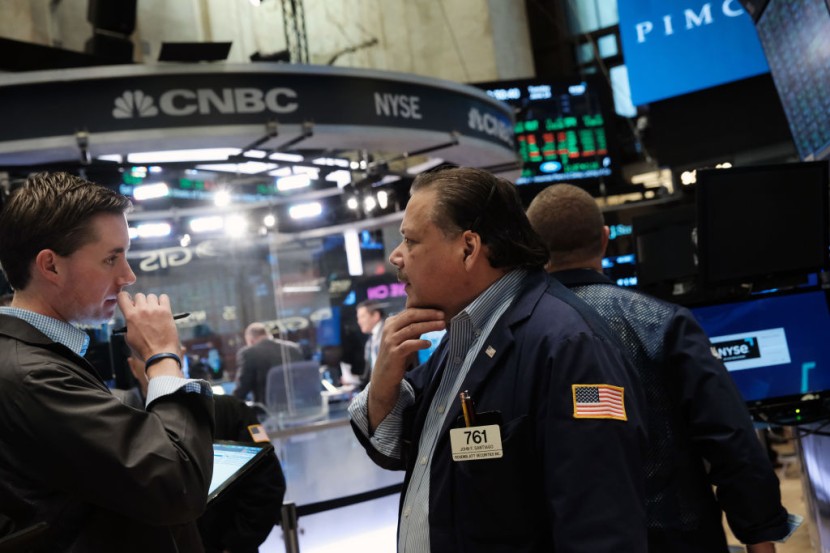
The United States economy contracted from April through June for the second consecutive quarter, shrinking at an annual rate of 0.9%, thus triggering worries that the country might be heading for a recession.
The US gross domestic product (GDP), the most significant economic indicator, declined by the amount the Commerce Department reported on Thursday. This came after a 1.6% annual loss from January through March, per ABC News.
One informal, but not certain, sign of a US recession is GDP decline over successive quarters.
The GDP statistics for the previous quarter indicated economic decline nationwide. Americans bought fewer products, which caused a slowdown in consumer spending. Investment by businesses dropped. As firms slowed down their replenishing of shelves, inventories fell, and GDP dropped by 2 percentage points.
Home construction fell at a rate of 14% annually as a result of higher interest rates brought on by the Federal Reserve's series of rate hikes. Additionally, government spending fell.
The report was released as consumers and businesses have been struggling due to high inflation and increased borrowing costs. The Federal Reserve on Wednesday increased its benchmark interest rate by significant three-quarters of a percent to stem the worst inflation outbreak in 40 years.
Numbers Not Yet Final
The nonprofit National Bureau of Economic Research is the designated recession arbiter, though it is unlikely to make a decision any time soon. According to a CNN report, the group's Business Cycle Dating Committee often weighs a variety of data over several months before concluding.
According to economists, the data can and probably will change. Hence, it would be premature to declare a recession based on released figures. Thursday's findings are only the first of three estimates; further revisions to first-quarter GDP figures, for example, shifted an initial decline of 1.4 % to 1.6 %.
Read Also : Russia Hits Back at Europe, West with Gas Punishment, Raises Fears of Electricity Price Hike and More Issues
Since the Commerce Department frequently adjusts its computations as new information becomes available, adjustments are the rule rather than the exception. According to the Federal Reserve Bank of San Francisco, around a third of initial GDP announcements rely on statistical extrapolations and assumptions without complete data.
Eric Freedman, chief investment officer at US Bank Wealth Management, commented: "These are typically single points in time, snapshots. It's almost like looking at a balance sheet versus an income statement over a quarter."
He added that "New information can emerge," and when it does, those variables change the outcome if there will be a US Recession.
US Congress Takes Steps To Fight Inflation
According to a deal disclosed on Wednesday by West Virginia Democrat Sen. Joe Manchin and Senate Majority Leader Chuck Schumer, Congress may be getting closer to approving steps to combat inflation.
AP News reported that the proposal would permit Medicare to haggle over the cost of prescription drugs with drug makers, among other things, and use the extra money to reduce the cost of medicine for seniors. The proposal would also prolong incentives offered in the early stages of the pandemic to some Americans who choose to purchase their health insurance.
Biden downplayed the news following Thursday's second consecutively dismal GDP report by highlighting the sustained low unemployment rate and robust hiring.
"Coming off of last year's historic economic growth - and regaining all the private sector jobs lost during the pandemic crisis - it's no surprise that the economy is slowing down as the Federal Reserve acts to bring down inflation," the president said in a statement. "But even as we face historic global challenges, we are on the right path and we will come through this transition stronger and more secure."
Related Article: Biden Administration May Soon Declare Monkeypox a Public Health Emergency; 800,000 Vaccine Doses To Be Distributed








